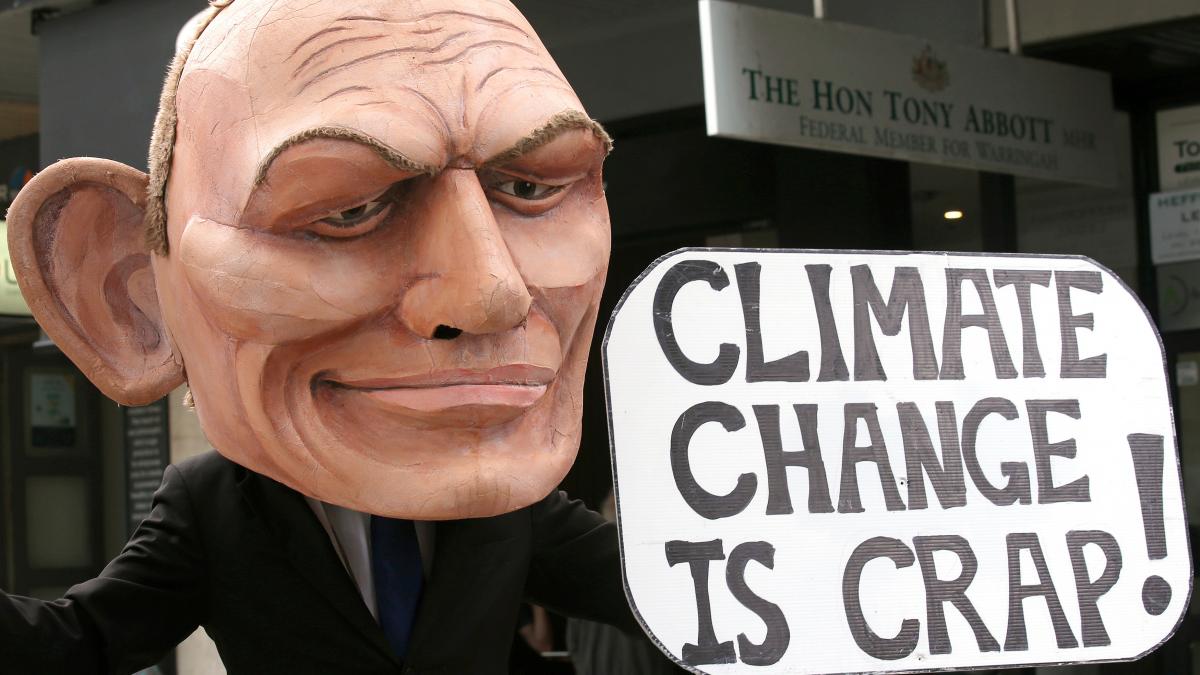
It’s always nice to know that we’re doing our bit to prevent the inclement climate apocalypse. Turns out our greenhouse gas emissions have risen to their highest annual rate since the 2012-13 financial year, largely as a result of our increased natural gas production.
The figures are included in the Quarterly Update of Australia’s National Greenhouse Gas Inventory, a release which documents Australia’s greenhouse emissions on a quarterly basis. Covering the March quarter, the update reveals our emissions rose 0.6 per cent on the previous 12 months to 538.9 million tonnes of carbon dioxide-equivalent.
A lot of that comes from natural gas extraction. We recently overtook Qatar as the world’s largest natural gas exporter, and the emissions from that booming industry swallowed up the reductions we made in the electricity sector. The report says that emissions related to natural gas exports jumped an eye-watering 18.8 percent year-on-year.
Total emissions have risen every year since the federal government abolished the carbon price in 2014.
The government’s response to this rise in emissions is to point out that we are tracking well historically – we’re 14 percent below our recorded peak, and 40 percent less than 1990 on a per capita basis. The peak was back in 2007, in the final year of the Howard government.
But obviously it’s a different time now, and cranking up our emissions at a time when time is running out to limit climate change to a semi-manageable level.
The Australian government is obliged under the Paris Agreement to reduce its emissions by 26 percent on 2005 levels.
Despite the fact our emissions are actually going up, we’re on-track to technically meet our Kyoto targets. How? A little thing called Kyoto carry-over credits. In short, we overachieved in meeting our Kyoto Protocol obligations, so we now have ‘credits’ we can apply if we fall short of our Paris Agreement obligations. Which, without the credits, we will.
Carryover credits are permitted, but controversial. Some countries like Russia are also using them to meet their Paris Agreement targets, whereas the EU forbids its member nations from doing so.
Look, the point is this: we’re not doing great in real terms. Great work, team.



